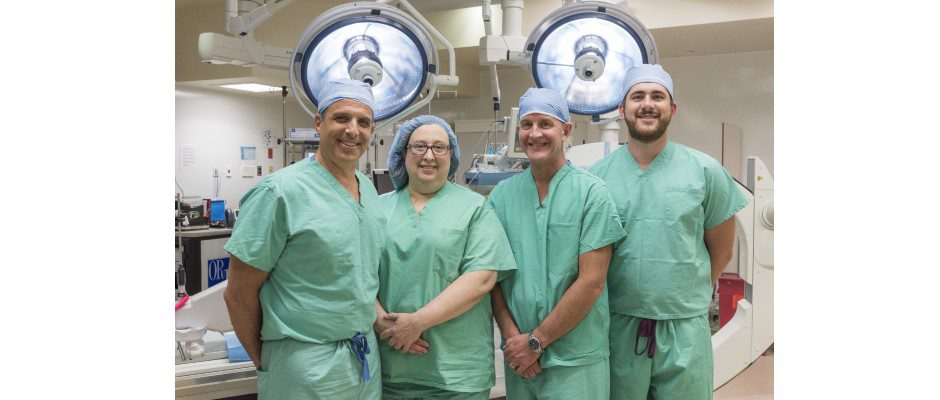
[This story was written by Jorge Cerdá, MD, MS, FACP, FASN, Nephrologist, Chief of Medicine at St. Peter’s Hospital, and Clinical Professor of Medicine at Albany Medical College.]
The kidneys keep our body chemistry in balance. Filters and tubules called nephrons – approximately 1 million per kidney – filter, purify and remove waste and excess fluid in about two quarts of urine a day. They circulate and readjust our whole blood supply every two minutes.
Moreover, kidneys keep blood pressure under control, help build healthy bones, manage fluid and electrolytes, control metabolism, and support the production of red blood cells. They are unquestionably some of the hardest-working organs in your body.

Approximately 850 million people worldwide are affected by kidney disease. One in three Americans are at risk for kidney disease, with one in 10 adults diagnosed with chronic kidney disease (CKD). While severity can vary, CKD is incurable and requires lifelong care. When kidneys suddenly fail and develop acute kidney injury (AKI), patients experience reversible but severe disease with elevated mortality.
Recognizing the global burden of kidney disease, National Kidney Month focuses on raising awareness of conditions affecting kidney health and their impact on quality of life and survival, through supporting research, and establishing new policy to improve national and international kidney health.
People being treated for diabetes, hypertension, cardiovascular disease, and immune system abnormalities are at highest risk for kidney disease, and the impact on their overall health requires interdisciplinary collaboration. Not uncommonly, treatment of other diseases such as cancer may cause kidney injury requiring team management. Frequently, severe infection (sepsis) leads to acute kidney failure.
Often, persons affected by acute kidney disease during hospitalization are unaware or do not fully grasp the significance of their problem. Close monitoring and a team approach, including the physician, the patient, and the family are necessary for best short- and long-term outcomes, and to manage expectations and goals.
Persons affected by kidney disease and their families are now recognized as a central component in awareness, recognition and recovery. The AKI! Now initiative of the American Society of Nephrology (ASN) promotes recognition and team management of kidney disease, with the goal of improved long-term outcomes. For more information on this program, visit the American Society of Nephrology at https://www.asn-online.org/.
For more information on advances in the treatment and management of kidney disease, visit the National Kidney Foundation at https://www.kidney.org/.





